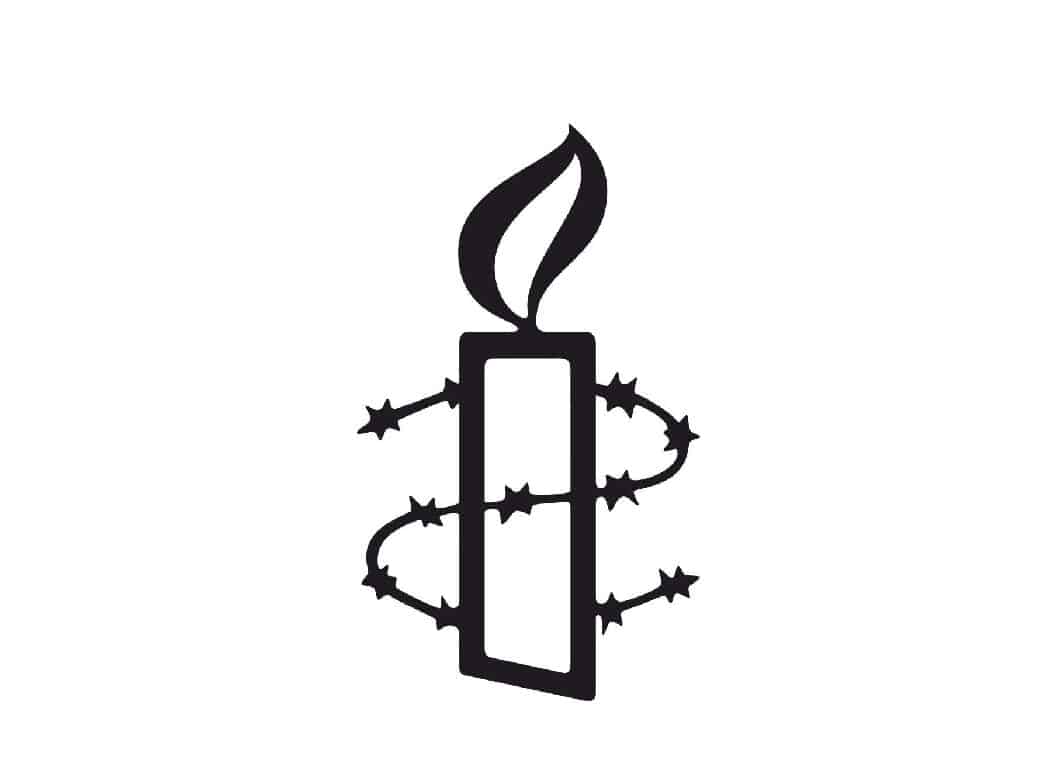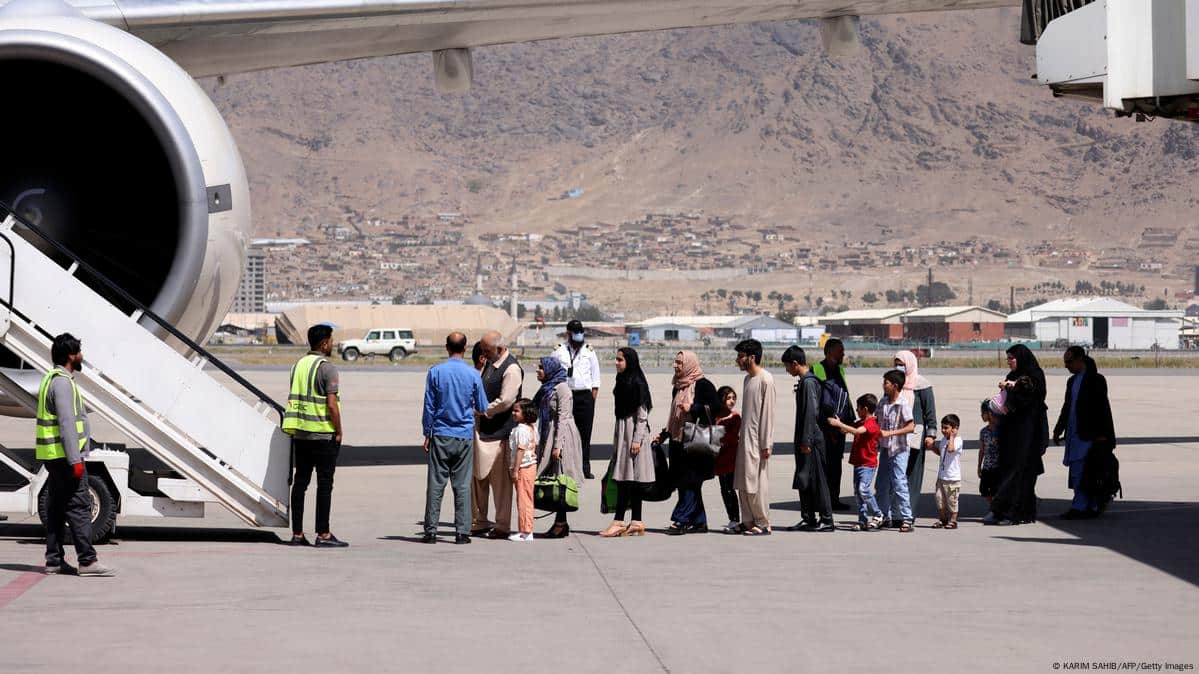
Sweden To Tighten Rules For Asylum Requests
سویدن قوانین درخواست پناهندگی را سختتر میکند
دولت سویدن روز سهشنبه لایحهای را معرفی کرد که امکان درخواست مجدد پناهجویانی که درخواستشان رد شده و کشور را ترک نکردهاند، محدود میکند.
دولت راست میانه، که یک ائتلاف اقلیت با حمایت حزب دموکراتهای سویدن (مخالف مهاجرت) است، در سال ۲۰۲۲ با وعده سختگیری در قبال مهاجرت به قدرت رسید.
یوهان فورسل، وزیر مهاجرت، در یک کنفرانس مطبوعاتی گفت که بیش از هفت درخواست از هر ۱۰ درخواست پناهندگی رد شده است.
او گفت: “بنابراین، باید کشور را ترک کنید.” فورسل افزود که تعداد قابل توجهی این کار را انجام نمیدهند.
بر اساس قوانین کنونی، پرونده پناهندگی رد شده و حکم اخراج مربوطه، چهار سال پس از لازمالاجرا شدن تصمیم، مشمول مرور زمان میشود – صرف نظر از اینکه شخص کشور را ترک کرده باشد یا خیر.
فورسل اشاره کرد که این بدان معناست که پناهجویانی که درخواستشان رد شده، حتی اگر شرایط تغییر نکرده باشد، حق دارند پرونده خود را دوباره بررسی کنند.
وزیر اظهار تأسف کرد که این قانون انگیزهای برای افراد ایجاد میکند تا چهار سال مخفی شوند و سپس بدون ترک سویدن درخواست مجدد دهند.
بر اساس اعلام دولت، تقریباً ۲۵ درصد از درخواستهای پناهندگی در سال ۲۰۲۳ متعلق به افرادی بوده است که رد قبلی آنها به مرور زمان مشمول شده بود.
دولت لایحه جدیدی ارائه کرد که بر اساس آن، تصمیم رد درخواست تا پنج سال “پس از ترک کشور توسط فرد” معتبر خواهد بود.
همچنین دولت اعلام کرد که امکان درخواست مجوز اقامت بر اساس اشتغال برای افرادی که درخواست پناهندگی آنها رد شده و همچنان در کشور ماندهاند، مسدود خواهد شد.
این قانون جدید نیاز به تصویب پارلمان دارد، اما دولت اعلام کرد که پیشنهاد میشود این قانون از آوریل سال آینده اجرایی شود.
این کشور اسکاندیناوی از دهه ۱۹۹۰ تعداد زیادی پناهجو پذیرفته است.
بسیاری از آنها از کشورهایی مانند افغانستان، ایران، عراق، سومالی، سوریه و یوگسلاوی سابق گریختهاند.
اما از زمان موج بزرگ مهاجرت به سوئد در سال ۲۰۱۵، که بسیاری از آنها سوری بودند، دولتهای پیاپی چپ و راست قوانین پناهندگی را سختتر کردهاند.
اقدامات شامل اعطای مجوز اقامت موقت به پناهجویان، سختتر کردن شرایط پیوستن اعضای خانواده و افزایش الزامات درآمدی برای ویزاهای کاری شهروندان غیر اتحادیه اروپا بوده است.
Sweden’s government on Tuesday announced a bill that would restrict the possibility of rejected asylum seekers re-applying without having left the country.
The centre-right government — a minority coalition propped up by the anti-immigration Sweden Democrats — came to power in 2022 vowing to get tough on immigration.
Johan Forssell, Minister for Migration, told a press conference that over seven out of 10 asylum requests were denied.
“Hence, you should leave the country,” Forssell said, adding that a “considerable number” did not do so.
Under current legislation, a rejected asylum case and subsequent deportation ruling reaches the statute of limitations four years after the decision comes into force — regardless of whether the person leaves.
Forssell noted that this meant that rejected asylum seekers have a right to have their case evaluated once again “even if the circumstances have remained the same.”
The minister lamented that this created incentives for people to “go underground” for four years and then re-apply without leaving Sweden.
According to the government, roughly 25 percent of asylum applications in 2023 where from individuals whose previous rejections had reached that statute of limitations.
The government presented new legislation where a decision would instead be valid for five years “after the person leaves the country.”
It also said it would block the ability of those who had their asylum requests rejected to instead apply for a residence permit based on employment while remaining in the country.
The new legislation needs to be approved by parliament, but the government said it suggested it would come into force in April next year.
The Scandinavian country has taken in large numbers of refugees since the 1990s.
Many fled from countries like Afghanistan, Iran, Iraq, Somalia, Syria and the former Yugoslavia.
But since a large influx into Sweden in 2015, many who were from Syria, successive left- and right-wing governments have made the rules on asylum more severe.
Measures include issuing only temporary residence permits to asylum seekers, tightening family reunification requirements and hiking income requirements for work visas for non-EU citizens.
Source
- Tags
- Europe



